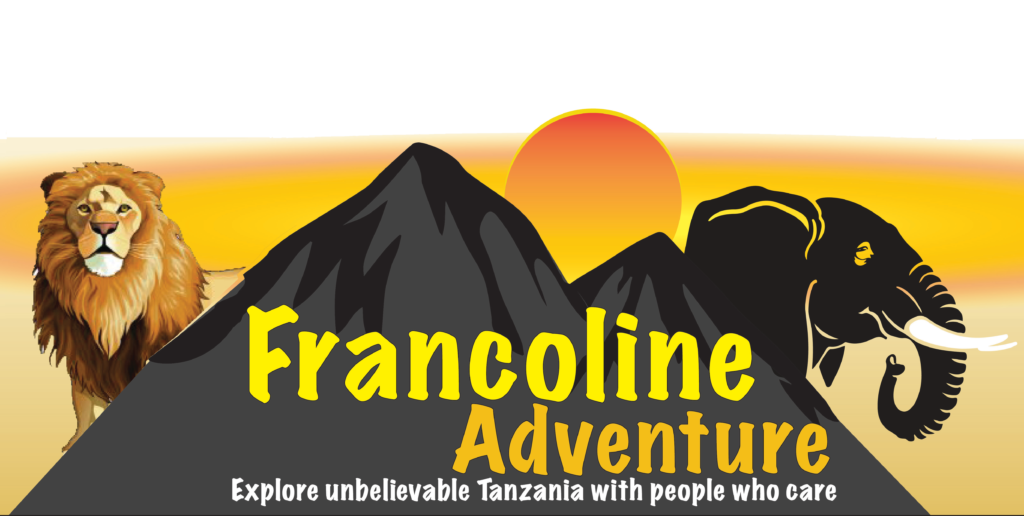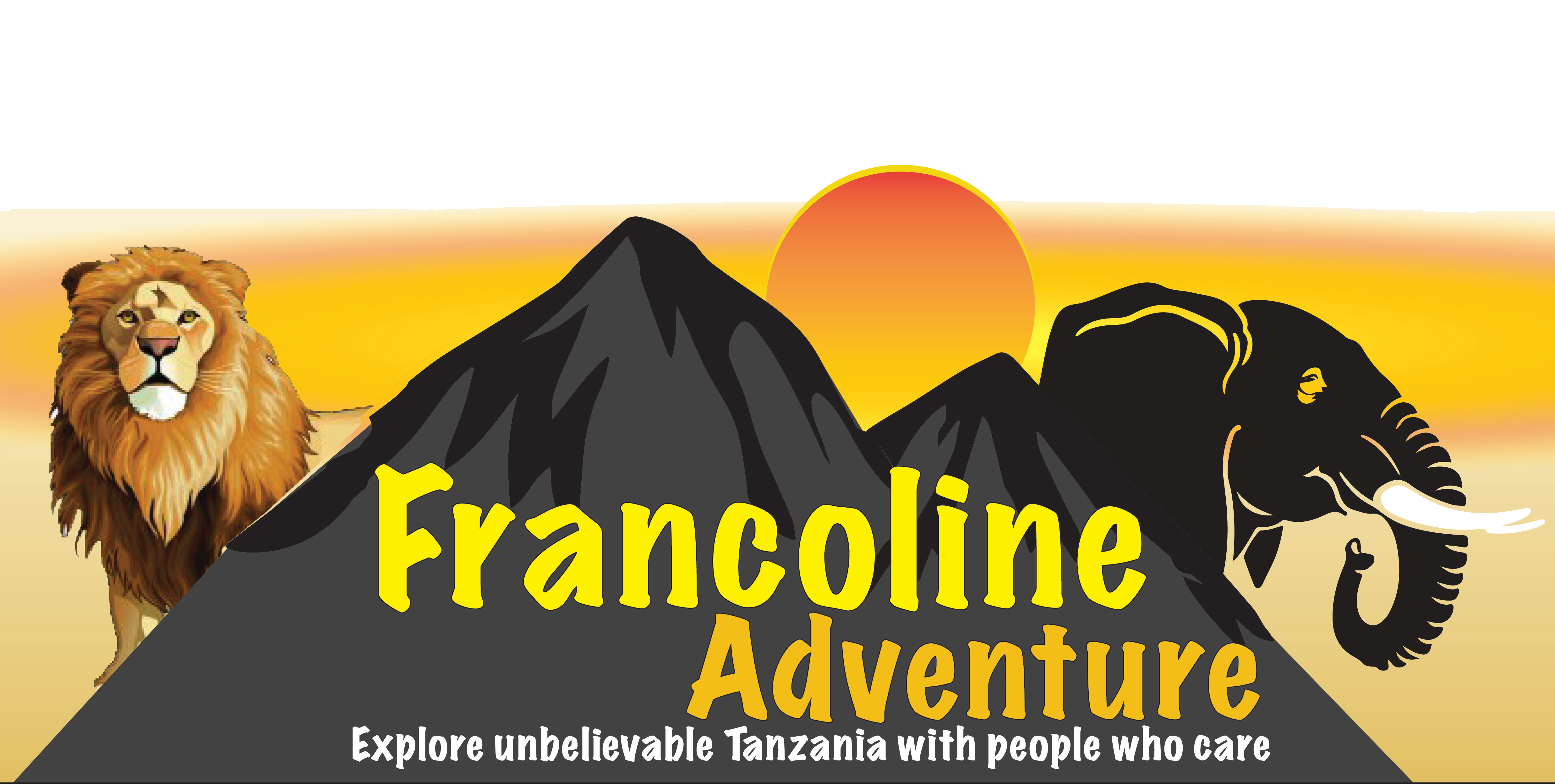Trekking Overview
Mount Kenya combines an ascent on either the Sirimon route or the Naro Moru route on the western side to Point Lenana and a descent of the Chogoria route on the eastern side of the mountain. In total it takes seven days and reaches a high point of 4985 metres over a trek of about 50 kilometres.
Detailed Trekking Itinerary
DAY 1
Fly from Kilimanjaro Airport via Nairobi’s Wilson Airport to Nanyuki. On arrival you’ll be met and transferred to Kongoni Camp for 1 night including Lunch and Dinner.
DAY 2
Breakfast at camp / lodge. You will be collected at approx 09.30 for the 45 minute transfer to the Sirimon Gate where your Guide will register with KWS, the Kenya Wildlife Service, and pay the park fees. The Cook and porters will organize the distribution of the packs and provisions and then set off for the first camp.
This is a four hour trek up a fairly steep vehicle track through the forest where you will see evidence of elephant and buffalo and possible sightings of bushbuck and baboons. If you are setting off around 11, you will have a picnic lunch on the way, weather permitting. If your departure is delayed, you may have an early picnic lunch at the gate. This walk takes you up to 3,300 metres to Old Moses camp.
DAY 3
After breakfast, you leave at around 7.30. An early start is advisable for the best views, as the weather can close in during the afternoon. The walk crosses two ridges and several streams and in 3-4 hours, you reach the beautiful valley of Liki North dominated by the peaks of Sendeyo and Terere. This walk takes you from the moorland to the Afro alpine zone with its giant groundsel and lobelia, evoking the Jurassic age. There is a small mountain hut for cooking, and you camp overnight.
DAY 4
After an early breakfast, you climb out of the Liki North Valley, crest a ridge and descend into Mackinder’s valley, dropping down to pick up the trail on the valley floor. You then climb up the other side of the valley to reach Shipton’s Camp at 4,236 metres. This 6km walk can take about 5 hours. Shipton’s Camp has a large bunkhouse and campsite. It is one of the main bases for summit attempts, mainly by trekkers but also by mountaineers.
DAY 5
This is a rest and acclimatization day at Shipton’s Camp to prepare for the ascent of Point Lenana. It is well worth walking up to the Hausberg Col from where you get spectacular views of the peaks including Point Peter and Point Dutton. This is a good dry run as you reach 4,591 metres, only 394 metres lower than Point Lenana. Then an early supper and bed to get some sleep before the next day’s very early start.
DAY 6
You leave Shipton’s Camp between 2.30 and 3am for your early morning ascent of Point Lenana (4,985 m). This 4 km walk takes 3-4 hours due to poor light and high altitude. The aim is to reach the summit by sunrise.
Then it’s a steep descent down a scree slope towards the spectacular Gorges Valley. Dotted with giant groundsel, this is the most extraordinary landscape. Breakfast is near Hall Tarns, a distance of about 4.5 kms, then continue to the Meru Mount Kenya Lodge, a simple mountain lodge near the Chogoria Gate.
This is a long day as the walk covers 14 km and takes about 6 to 7 hours, but the rewards are a hot shower and supper in front of a log fire.
DAY 7
After a leisurely breakfast, you walk about 10 kms down through the forest to meet a Landrover to take you down the rest of the track and on to Chogoria town. From here you take an onward road transfer (approx 4 hours) to Nairobi.
Alternatively, transfer to Nanyuki area (approx 3 hours) and extend your trip with a few days on safari at Porini Rhino Camp before heading back to Arusha via Nairobi.
Includes
*Park fees, (entry fee camping/hut fees & rescue fees crew fees)
*18% VAT on tour fees & services
*Three health and fresh meals
*Professional and experienced mountain Guide
*Professional and experienced cooks.
*Transportation to & from the airport
*Transportation to & from the mountain gates
*Enough number of porters for your luggage, food, water and camping equipments.
*Food , shelters and fair wages for the porters, cooks and guides
*Camping gears (sleeping tents, dining tents, tables, chairs and cooking gear)
*Radio and cell phone communication that help us to stay in contact within and outside the group therefore we can respond almost instantaneously to whatever issue that may arise
*We provide our guides with professional first aids kits and pulse oximeters for daily updates of acclimatization progress
*Assistance with climbing permit procedure
*Tracking of the expedition available online in our instagram, whatsup and Facebook accounts
Excludes
Personal porters
*All international and domestic flights
*Tourist Visas
*Medical and Travel insurance
*Tips to mountain crew
*Mountain trekking gears e.g. walking poles (available for hire upon request)

